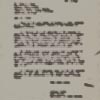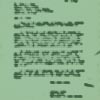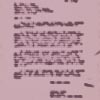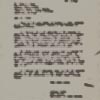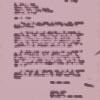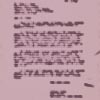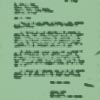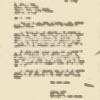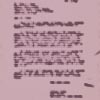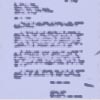Evolution of the Declaration: Lincoln speaks to immigrants (1858)
Annotation
On the 4th of July, 1858, Abraham Lincoln suggested that the many immigrants who had recently arrived in the United States could nonetheless feel a sense of connection with Declaration of Independence. The ideals of the Declaration, he believed, belonged to many 19th-century Americans whose "fathers" did not even live in America in 1776. He called on Americans to re-adopt the central ideals of the revolutionary generation and to carry those ideals forward in their own lifetimes.
We have besides these men—descended by blood from our ancestors—among us perhaps half our people who are not descendants at all of these men, they are men who come from Europe—German, Irish, French and Scandinavian—men that have come from Europe themselves, or whose ancestors have come hither and settled here, finding themselves our equals in all things. If they look back through this history to trace their connection with those days by blood, they find they have none, they cannot carry themselves back into that glorious epoch and make themselves feel that they are part of us, but when they look through that old Declaration of Independence they find that those old men say that 'We hold these truths to be self-evident, that all men are created equal,' and then they feel that that moral sentiment taught in that day evidences their relation to those men, that it is the father of all moral principle in them, and that they have a right to claim it as though they were blood of the blood, and flesh of the flesh, of the men who wrote that Declaration, and so they are. That is the electric cord in that Declaration that links the hearts of Patriotic and liberty-loving men together, that will link those patriotic hearts as long as the love of freedom exists in the minds of men throughout the world.
Source
Quoted in Garry Wills, Lincoln at Gettysburg: The Words that Remain America (New York: Simon and Schuster, 1992) 86-87.
